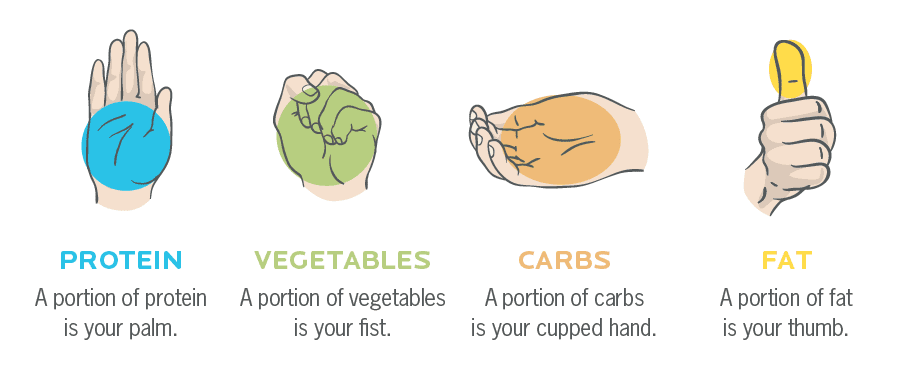

Moderate exercise (4-5 days of exercise per week) | 1.5.Light exercise (1-3 days of exercise per week) | 1.35.Sedentary (little to no exercise) | 1.2.In order to determine your maintenance calories, multiply your BMR by the number below: If you’ve ever used a BMR calculator while trying to figure out your maintenance intake, they usually have multipliers for you to use.Īnd they tend to read something as follows… Maintenance Calculators & Activity Levels And this leads me into the next section, which will be super useful. So, a quick way to get BMR with simple math is to multiply your body weight by 10. When we do some quick math, 1916 divided by 190 pounds is roughly equal to 10. NEAT can have a drastic impact on your energy expenditure when it doesn’t outright negatively impact your daily routine.įor instance, the person who walks to work, or spends time getting up at regular intervals from their desk to stretch and move around are going to burn more calories from these activities than someone who drives to work and is chained to their desk all day. Some find it incredibly hard to sit still, and others can be perfectly fine vegging out on the couch all day. Some tap their foot during work, while others hardly move at all. And some people are generally more fidgety than others. Outside of some slight metabolic differences, the amount of food they need to maintain their weight will often be affected by their NEAT. You might have two people who are seemingly identical in their daily routine, exercise intensity, muscular build, and eating habits but have differing levels of energy requirements. NEAT can differ wildly from person to person. ( NEAT) is energy expended for everything we do that is not sleeping, eating or sports-like exercise.
#Accurate calorie calculator skin
Your skin and bones require energy to repair themselves from everyday cell turnover (cell replication). Your heart requires energy to keep beating. Your stomach requires calories to digest food, which it turns into useable energy for later. Your brain requires glucose (hello, sugar) for processing power. All of your organs require energy from food to function normally. We tend to equate our activities such as training, cardio, and general walking around as what burns calories.Īnd while those activities do burn calories, our bodies are also burning calories just to stay alive. Think of it like this… if you were to stay in bed all day doing nothing, your body would still require a certain amount of energy to function. It’s what you’d burn every day to keep your body functioning and alive.

What are so-called ‘ maintenance calories‘ exactly?
#Accurate calorie calculator how to
In this article, you’ll learn exactly how to determine your maintenance calories (and more). Have you ever wondered how to figure out your exact maintenance calories? It can seem like a complicated process and if you feel that way…


 0 kommentar(er)
0 kommentar(er)
